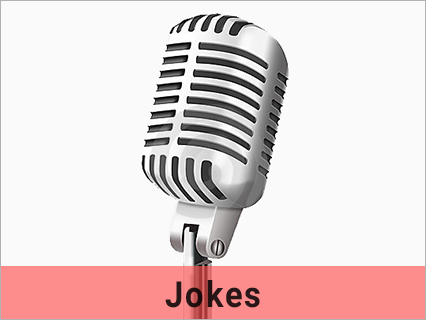100 years of speculation but, am I telling the truth?
27 May 2021
Dear LPG,
You can find the oddest things out using the internet and the other day I found some facts that led me to come to the conclusion that lying officially became a bit harder to do 100 years ago this year, although I did not actually find out which date it all happened. Did you know that the first Polygraph machine came into being in 1921? From what I learned on the internet, the invention of the lie detector machine was a joint effort between John Augustus Larson, Leonarde Keeler, James Mackenzie and William Moulton Marston, although they didn’t all work together.
Apparently these machines record the changes in a person’s reactions to work out if they are lying, and the accuracy of the results have always been questionable.
That got me to thinking that many machines are often used to quantify measurements, supposedly more accurately than we humans will ever manage to but when it comes to detecting lies, the tell-tale signs are still there, and some people have researched how you can tell if someone is being economical with the truth using our natural powers of deduction.
Somehow when I think of lie detectors I think of state secrets, the police and reality shows, and I would imagine that just knowing you were going to be tested would get most of us really agitated and reacting suspiciously to begin with. Luckily I have never had to undergo such a test and I hope that I will never actually find out how I would react under that sort of pressure, because I have to admit to having told a few porky pies in my time.
Apparently the lie detector machine is not and is likely to never be an absolutely fool proof science, and the psychological method of sorting the truth from the lies is a completely different means to the same end.
The internet contains offerings from experts who have evidence that there are a few obvious signs that give us humans away when we are not quite telling the truth, because when someone is deliberately saying something that they know not to be actually true they tend to move their head in an odd way, not be consistent with their explanations, say much more than they need to, shuffle their feet, alter the way that they breathe, stop blinking as often as normal, get a bit hot under the collar and their eyes are a bit of a giveaway too.
I wonder if we react in the same way, regardless of hiding some state secret, as we would if we are using a lie to make sure that a surprise birthday party remains a surprise? Perhaps the secret to doing it successfully is being able to keep your reactions to yourself or perhaps the answer is having the ability to believe that your lie is true. Of course, the obvious solution to the whole problem is not telling lies in the first place, but I have yet to meet or hear of any person who has never told a lie (discounting Jesus).
KB, Beckenham
KB left us some information about the invention…
... the tell-tale signs…
.. and LPG have found a couple of online, tongue in cheek, self-tests that may help you to work out just how truthful you are…







